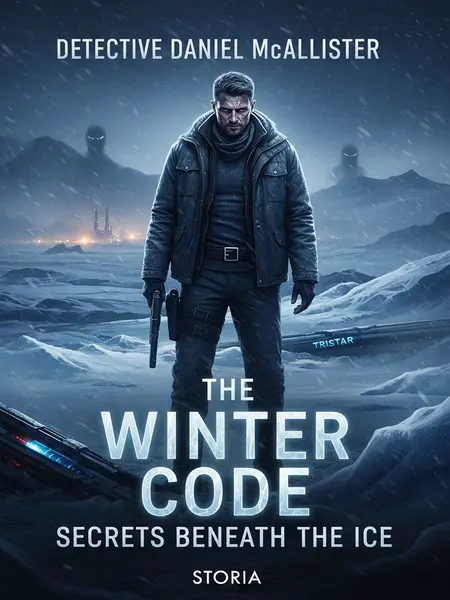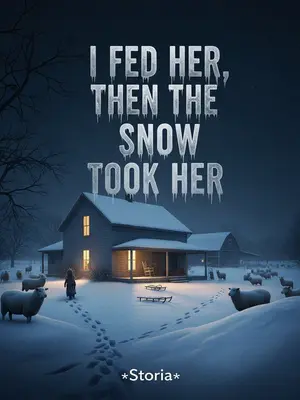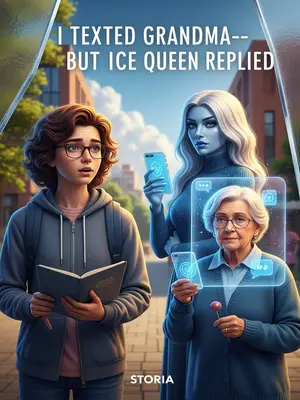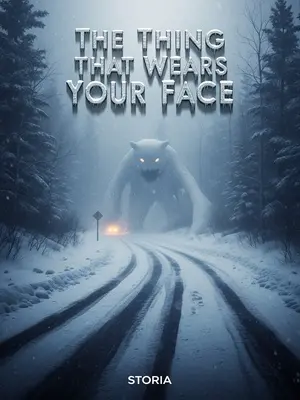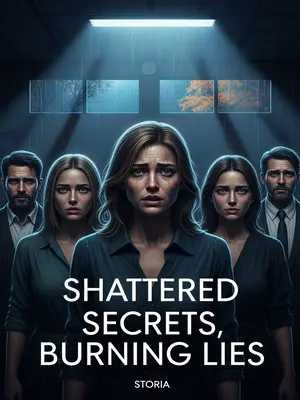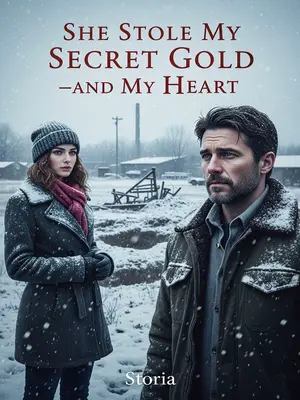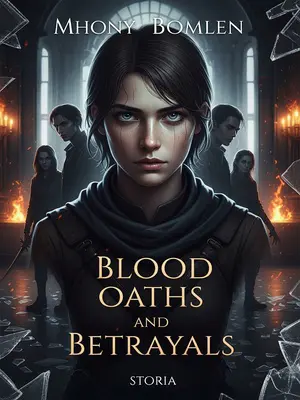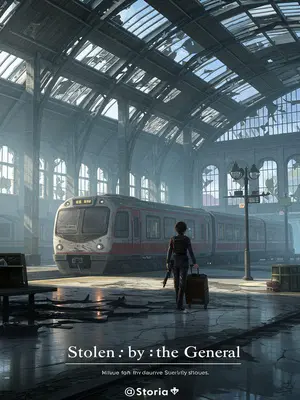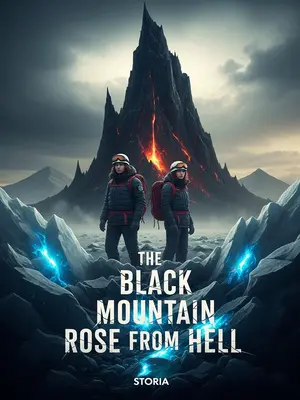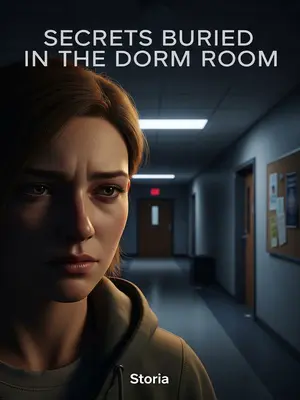Chapter 3: The Song’s Secret
The tech team was baffled by this cryptic sentence.
They crowded around Daniel’s desk, tossing out theories—song lyrics, astronomy, maybe a reference to some old sci-fi movie. One detective even googled "Milky Way 1988" and came up with nothing but candy bar ads and outdated NASA reports. Someone cracked a joke about Guardians of the Galaxy or the Milky Way bar, but the laughter was thin.
"Could we have made a mistake?" Mason wondered. "Maybe it’s not Morse code at all—just a coincidence?"
He sounded almost hopeful, as if wishing the mystery away.
"No, coincidences like this don’t just happen," Daniel said firmly. "Experience tells me, ninety-nine percent of coincidences are intentional. This has to be Tristar’s internal code."
He remembered his old mentor’s words: "In this line of work, trust your gut." Daniel’s gut was screaming at him now.
"But…what does it mean?"
Mason looked lost, his fingers hovering over the keyboard as if expecting the answer to appear by magic.
Daniel thought for a moment. "Can we identify the email recipient?"
He leaned in, voice urgent. If they could just find out who was on the other end…
"No way." Mason shook his head. "The IP is encrypted—untraceable. All we know is the email was sent to Norway."
Mason’s tone was apologetic. Daniel felt a pang of frustration—so close, yet so far.
Daniel frowned. Norway was a small country, but with hundreds of thousands of people—even with international help, finding one recipient would be like searching for a needle in a haystack.
He pictured a map of Scandinavia, the endless forests and icy fjords. The odds were daunting.
"Should we interrogate Old Quinn again?" Mason asked.
Mason’s voice was tentative, as if unsure whether another round would do any good.
"No, we can’t tip them off," Daniel decided. "Tristar is too secretive—they’ll have contingency plans. If they realize we’ve cracked the code, they’ll cut off all contact. The enemy is in the shadows, we’re exposed—we can’t act rashly."
He spoke with the calm authority of someone who’d been burned before. Mason nodded, looking both relieved and disappointed.
After a long day, Daniel went home, showered, and went to bed. The weather was getting colder, and the radiators hadn’t kicked in yet. Frost was already forming on the windows. The family cat curled up in a blanket, too lazy to move. Daniel wrapped himself tightly in his comforter, and only in the second half of the night did his bed finally warm up. He wanted to sleep in, but before dawn, he was woken by the blaring music from the Zumba class at the community center downstairs.
He rolled over, groaning, as the pulsing bass rattled the glass. Even the cat flicked its tail in annoyance, burrowing deeper under the covers. Daniel glanced at the clock—5:45 a.m. on a Saturday. Typical Cleveland: the city never really slept, and apparently neither did his neighbors.
"No sense of public decency…" He turned over, groggy, trying to sleep again, but the faint beat of '90s pop seeped through the window like an annoying moth burrowing into his ears. He could swear it was "MMMBop" this time.
He pressed a pillow over his head, but the music only seemed to get louder, the relentless thump-thump-thump echoing in his skull. He could hear laughter and shouts drifting up from the street.
He couldn’t stand it anymore. He jumped up, flung open the window, and the cold air made him shiver. Wrapped in his comforter, he shouted down, "Hey, some of us are trying to sleep up here!"
His breath came out in white puffs, and his voice echoed off the brick walls. A couple of the dancers glanced up, but most ignored him, lost in their routine.
But the folks downstairs paid him no mind. Dressed in thick puffer coats, faces red from the cold, they danced in neat rows to the music, looking like a bunch of Walking Dead extras. Daniel despaired. He finally understood that internet saying: It’s not that good people have turned bad, but that bad people have turned good.
He watched them shuffle and sway, arms pumping, oblivious to the world. The absurdity of it all almost made him laugh. He shook his head, muttering under his breath about the decline of civilization.
By habit, he closed the window, but suddenly paused, reopened it, and let the blaring music in again. This time, he listened carefully: the song playing was "Promise in '98."
The melody was vaguely familiar, a relic from his high school days. He leaned out, straining to catch the lyrics.
"Ninety-eight…"
Like a bolt of lightning, realization struck Daniel. He dressed quickly, ran downstairs, and knocked on the nearest music shop’s door.
